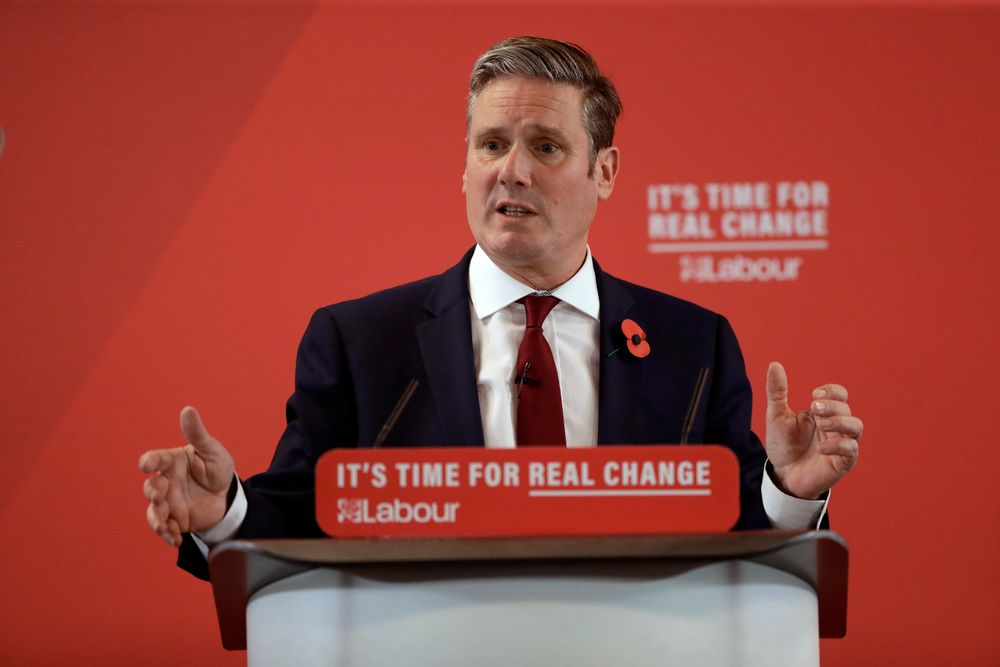By Andrea Tucci,
Keir Starmer, the new Prime Minister of the United Kingdom, has begun (beginning of July) his tenure with unexpected and impactful decisions, directing three significant political blows at Benjamin Netanyahu’s Israeli government.

Keir Starmer, the new Prime Minister of the United Kingdom
On July 29, news emerged that Starmer would be ready to sign a complete ban on the export of British arms to Israel, a move that marks a departure from previous policies of the conservative party led by Rishi Sunak . This decision was foreshadowed by the new Foreign Secretary, David Lammy, who had already announced the suspension of offensive arms supplies to Tel Aviv, leaving open the possibility for defensive ones. However, according to the Times of Israel, London is preparing for a total ban, a decision that represents both a symbolic and substantial shift in relations between the two countries.
If confirmed, the arms ban follows a trend already initiated by the previous Conservative government, which had drastically reduced the value of licenses for the export of military equipment to Israel by over 95%.
This step highlights a growing diplomatic distance and the UK’s desire to take a more critical stance towards Israeli actions in Gaza. Starmer’s decision comes at a time when British public opinion is highly critical of the war and Netanyahu’s handling of the conflict, and it represents an attempt to respond to internal pressures and strengthen cohesion within of the Labour Party.
In addition to the arms ban, Starmer has reactivated funding for UNRWA, the UN agency for Palestinian refugees, which had been suspended following unconfirmed allegations of its employee’s involvement in the attacks of October 7.

This decision brings the UK back in line with most of the international community and marks a further departure from the pro-Israeli policies that characterized the previous administration.
This shift demonstrates London’s willingness to play a more balanced and active role in the Israeli-Palestinian conflict.
The third and most controversial political blow is Starmer’s openness to the possibility of arresting Netanyahu should the Israeli Prime Minister visit the UK.
Netanyahu is wanted for war crimes by the International Criminal Court, and Starmer’s decision not to obstruct the arrest warrant, as Sunak had suggested, represents a firm stance against impunity.
This move could have significant diplomatic repercussions, not only in bilateral relations between the UK and Israel but also in the broader context of Western alliances.
Starmer’s foreign policy, guided by a triumvirate consisting of himself, David Lammy the Foreign Secretary, and John Healey, the Defence Secretary, appears to be oriented towards pragmatic realism, and restore the UK’s diplomatic central role.

From the left: David Lammy the Foreign Secretary, and John Healey, the Defence Secretary
These moves also reflect a response to the growing disaffection towards Netanyahu from the American Democratic Party.
Keir Starmer has begun his tenure with a series of decisions that have surprised many observers and had a significant impact on Middle Eastern geopolitics. The choice to impose a total ban on arms exports to Israel, the restoration of funding to UNRWA, and the openness to Netanyahu’s arrest mark a turning point in British foreign policy. These moves not only reinforce the UK’s position as an independent and influential actor in the international context but also highlight Starmer’s intention to use British diplomatic power to promote justice and stability in the conflict zone.




